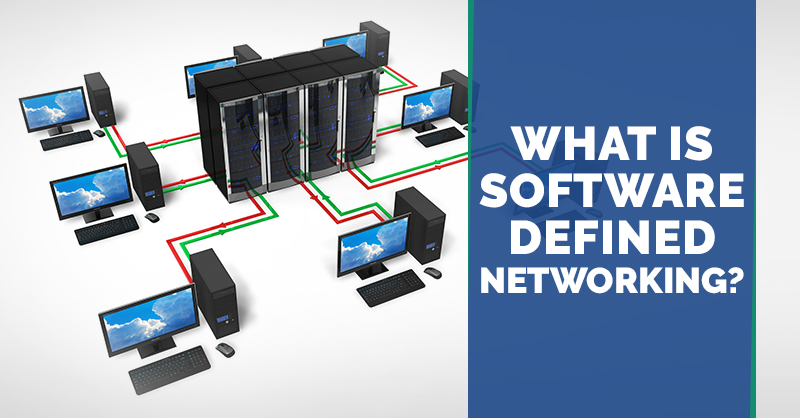Foster Successful Communication and Collaboration Within Your Company With This Guide
September 7, 2023From Recovery to Financial Prosperity:A Guide for Entrepreneurs Overcoming
December 19, 2023Embracing Customer Data Security to Fortify Your Business

Securing customer data has become indispensable to running a successful business in today’s digital era. With the increasing prevalence of cyber threats, establishing a solid framework for data protection is no longer optional but a necessity.
This LANTECH article will explore essential strategies and practices for safeguarding customer information, focusing on encryption, access controls, legal compliance, and proactive risk management. Understanding and implementing these measures is crucial for maintaining customer trust and upholding a business’s reputation in a highly connected world. Here are some essential strategies and practices to secure customer data:
Storage and Transmission
Encryption is a fundamental tool in the protection of customer data. By converting sensitive information into a code during storage and transmission, businesses can significantly reduce the risk of unauthorized access. Adopting industry-standard encryption algorithms enhances this security, making it highly challenging for intruders to decipher the data. Effective encryption acts as a first line of defense, ensuring that customer data remains confidential and secure.
Data Access Limitations
Implementing strict access controls is crucial for maintaining the integrity of customer data. This approach limits data access exclusively to authorized personnel, thereby reducing the risk of internal data breaches. Employing multi-factor authentication (MFA) provides an extra layer of security. MFA combines multiple credentials for verifying user identity and fortifies the defense against unauthorized access attempts.
Cybersecurity Knowledge and Skills
Investing in cybersecurity education is a strategic move for business owners aiming to fortify their data security measures. For those seeking to deepen their understanding of cybersecurity and its application in protecting customer data, consider this option: pursuing a degree in this field.
Opting for an online degree program offers the flexibility to balance educational pursuits with the business’s demands. This approach not only broadens one’s expertise in cybersecurity but also equips business leaders with the tools and knowledge necessary to implement effective data protection strategies.
Staff Data Security Training
Employee training in data security is a critical component of a comprehensive data protection strategy. Businesses can significantly reduce the risk of human error and internal threats by educating employees on best practices and the importance of protecting customer data. Ongoing training ensures that staff members are aware of the latest security protocols and understand their role in safeguarding customer information.
Audits and Assessments
Regular security audits are essential for identifying vulnerabilities in data protection systems. These audits provide insights into potential security gaps and help businesses fortify their data protection strategies. Further, performing risk assessments allows businesses to understand and prepare for potential threats, ensuring a proactive approach to data security.
Data Protection Laws
Understanding and adhering to data protection laws like GDPR and CCPA is vital for businesses. Compliance avoids legal repercussions and demonstrates a commitment to customer privacy. Regularly updating data protection policies in accordance with evolving regulations ensures that businesses remain on the right side of the law while safeguarding customer data.
Responding to Breaches
Developing a comprehensive incident response plan is essential for timely and effective action in the event of a data breach. A well-structured plan enables businesses to contain breaches, minimize damage, and protect customer data quickly.
Effective incident response planning is key to maintaining customer trust and business continuity in the face of security challenges. Work with experts like LANTECH to bolster your company’s cybersecurity and devise an incident response plan!
Backing Up Data
Maintaining secure and encrypted backups of customer data is a crucial safeguard against data loss. In the event of cyberattacks, system failures, or natural disasters, these backups ensure that customer information remains intact and retrievable. Regularly updating and testing these backups is vital for ensuring their reliability and effectiveness.
The Bottom Line
The guide has outlined critical strategies for securing customer data, emphasizing the importance of encryption, access control, compliance, education, and preparedness. By implementing these practices, businesses can significantly enhance the security of customer data, thereby protecting their reputation and building trust with their customers. Amid the demands of managing a business, it’s also essential to prioritize family and children’s well-being by striking a balance between professional responsibilities with personal life.
Image via Freepik



